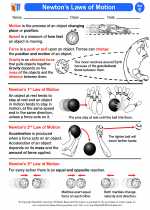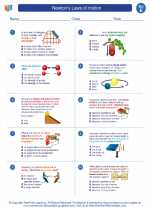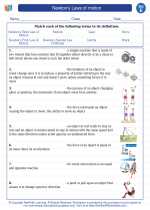Vitamin B3 (Niacin)
Vitamin B3, also known as niacin, is a water-soluble vitamin that is essential for various bodily functions. It plays a vital role in converting food into energy, maintaining healthy skin, and supporting the nervous and digestive systems.
Sources of Vitamin B3
Vitamin B3 can be obtained from a variety of foods, including:
- Meat (such as chicken, turkey, and beef)
- Fish (such as tuna and salmon)
- Nuts and seeds (such as peanuts and sunflower seeds)
- Whole grains (such as brown rice and barley)
- Legumes (such as lentils and peas)
- Milk and dairy products
- Vegetables (such as mushrooms and avocados)
Functions of Vitamin B3
Vitamin B3 is involved in several important functions in the body, including:
- Energy Production: Niacin plays a key role in the conversion of carbohydrates, fats, and proteins into usable energy.
- Healthy Skin: It supports the maintenance of healthy skin and helps in the treatment of skin conditions like acne.
- Nervous System Support: Niacin is important for the proper functioning of the nervous system.
- Cardiovascular Health: It helps in maintaining healthy cholesterol levels and supports overall heart health.
- Digestive Health: Niacin contributes to the proper functioning of the digestive system.
Deficiency and Excess
A deficiency of vitamin B3 can lead to a condition known as pellagra, which is characterized by symptoms such as skin rashes, digestive issues, and mental confusion. On the other hand, excessive intake of niacin supplements can lead to adverse effects such as flushing of the skin, liver damage, and gastrointestinal issues.
Recommended Intake
The recommended dietary allowance (RDA) for vitamin B3 varies by age and gender. As a general guide:
- Children: 10-16 mg/day
- Adult men: 16 mg/day
- Adult women: 14 mg/day
- Pregnant and lactating women: 18-17 mg/day
Quiz
- What is another name for vitamin B3?
- Which food sources are rich in vitamin B3?
- What are the functions of vitamin B3 in the body?
- What are the potential effects of a deficiency in vitamin B3?
- What are the recommended daily allowances for vitamin B3?
◂Science Worksheets and Study Guides Fifth Grade. Newton's Laws of motion

 Activity Lesson
Activity Lesson
 Worksheet/Answer key
Worksheet/Answer key
 Worksheet/Answer key
Worksheet/Answer key
 Worksheet/Answer key
Worksheet/Answer key
 Worksheet/Answer key
Worksheet/Answer key
 Vocabulary/Answer key
Vocabulary/Answer key
 Vocabulary/Answer key
Vocabulary/Answer key
